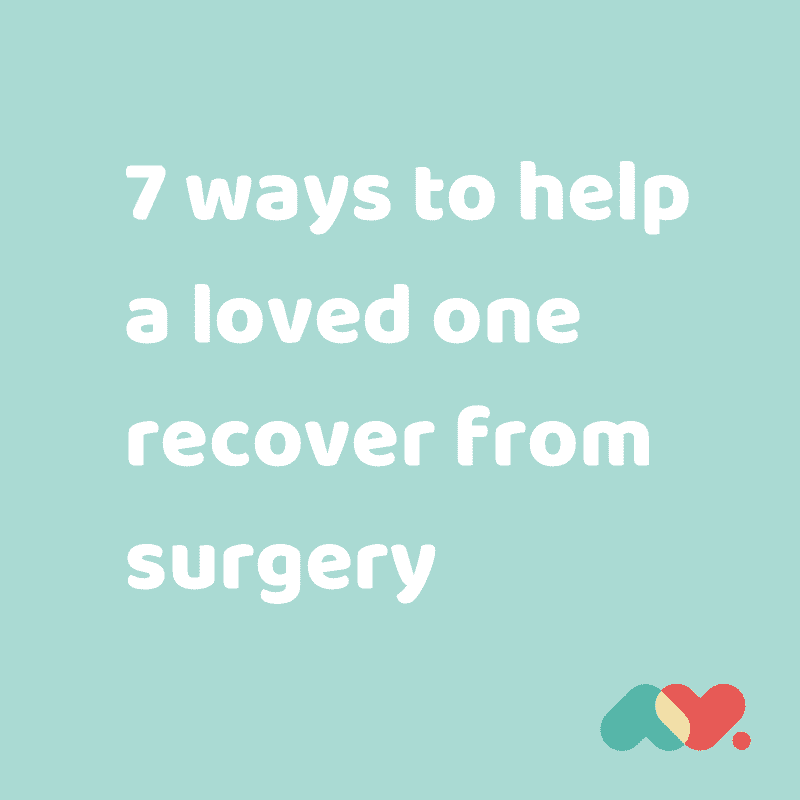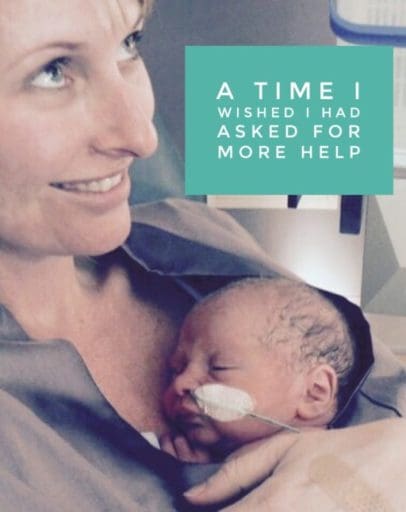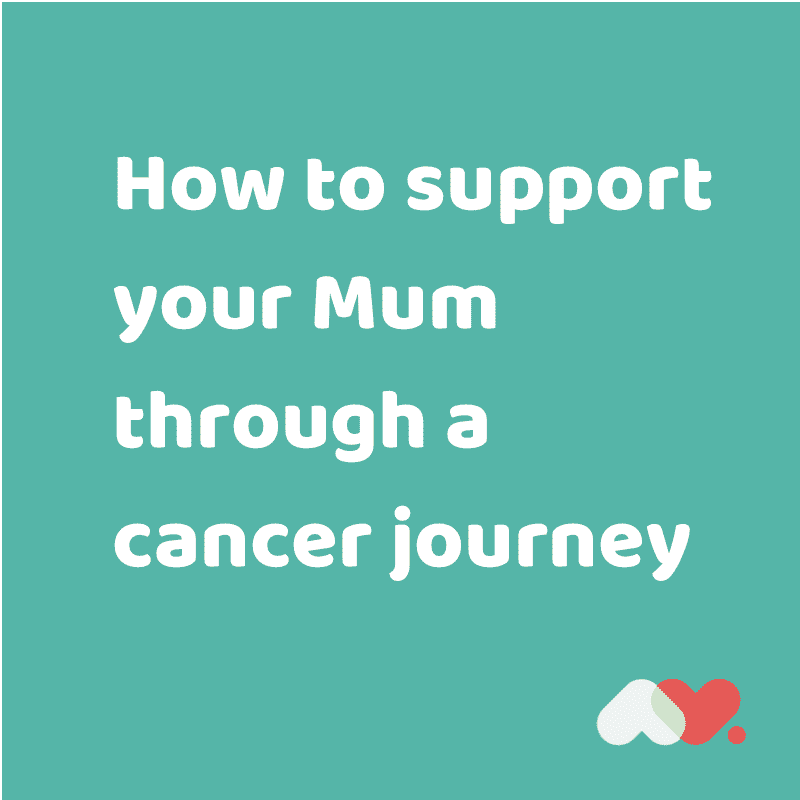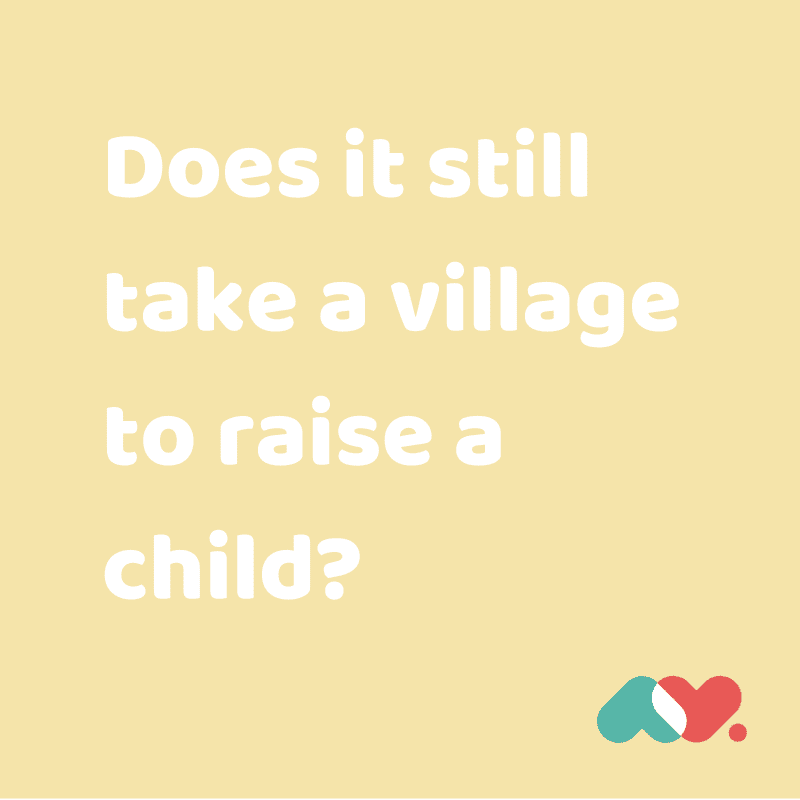
7 ways to help a loved one recover from surgery

Carina Gallegos is our Support Angel and Customer Love Manager at Support Crew.
Carina looks at ways to offer support to a loved one – a friend and/or family member – when recovering from surgery.
Recovering from surgery is a challenging journey, a process that takes time and patience, and having a supportive community can make all the difference. In this guide, we will explore seven meaningful ways you can offer support to a loved one recovering from surgery, with a particular focus on post-surgery recovery. The following suggestions will focus on ways of providing practical help as well as emotional support.
1. Be there for them – but listen first!
The simplest yet most profound way to support someone recovering from surgery is by being there for them. Your presence and willingness to listen can provide immense comfort during this challenging time. Bear in mind this means listening to what your loved one needs, as opposed to giving them what you think they need! Make sure to ask questions to understand what would be helpful for them.
Example: Anahera was diagnosed with breast cancer and underwent surgery. Her friend, Lucy, made an effort to be present, offering a shoulder to lean on whenever Anahera needed to talk or simply share her thoughts and feelings. Lucy thought preparing meals would be really helpful but when she asked Anahera if this would be useful, Anahera was able to honestly tell Lucy that she had a freezer packed to the brim and that it would stress her out not to have a place to store the meals. Anahera asked for Lucy’s support in driving her to appointments, which Lucy hadn’t even thought of offering. Their ability to communicate clearly allowed Lucy to be there in a way that was helpful and useful to Anahera’s recovery.
2. Create a support network
Supporting a friend during their recovery often involves a team effort. Encourage friends and family to come together and create a support network. By sharing responsibilities, you can ensure that your loved one receives well-rounded care and attention.
Support Crew is a free online help roster that can help you coordinate and organize support from friends and family. By starting a Support Page, you can rally support for your friend’s recovery journey, and your friend has the opportunity to post requests for help without having to worry about asking someone specifically for something.
Example: When Emily underwent surgery for cervical cancer, she used Support Crew to create a Support Page to coordinate help from her group of friends. She asked her brother, David to manage the page for her in order to efficiently organise tasks such as meal deliveries, transportation to medical appointments, and rosters to walk her dog. The Support Crew platform allowed family members and friends to sign up for specific tasks, ensuring that Emily received the support she needed at the right times, but also helped her keep everyone informed of her progress and recovery.
3. Offer to take over some of their responsibilities
Consider offering to take over some of your loved one’s responsibilities temporarily. This can include childcare, looking after pets, or helping with household chores. Having a shared calendar with other friends and family members to roster responsibilities is also a great idea, and something which can be done for free via Support Crew by creating a Support Page.
Example: After Sophie’s breast cancer surgery, her friend, Lisa, stepped in to help with childcare and pet care. This allowed Sophie to rest and recover without worrying about her daily responsibilities. After consulting with Sophie, Lisa set up a Support Page and together with Sophie made a list of family members and friends who were invited to join the page. By enlisting the help of others, they were able to ensure that Sophie’s household ran smoothly, and Sophie was able to focus on her recovery without additional stresses.
4. Stay positive – and also informed
Recovery can be emotionally taxing, especially in the context of cancer surgery. Sometimes, your loved one may need you to be strong when they can’t. Be a source of emotional support, offering encouragement whenever possible, and try to keep yourself informed about your loved one’s condition and treatment. You may want to get in touch with organisations like Cancer Society to find ways to connect with people who have undergone similar treatments.
Example: After David’s prostate cancer surgery, he felt vulnerable and anxious. His friend, Mark, reassured David that he was not alone in this battle. Mark got in touch with Cancer Society and found out about Cancer Stories, an online space where people who have received a cancer diagnosis can meet others with similar experiences, and where they, their families, and supporters can share their stories.
5. Call before you visit
Visits from friends can be uplifting, but it’s essential to call before dropping by, whether your loved one is at hospital or at home. They will need rest in order to recoverrmay be experiencing side effects from treatment. Calling in advance shows consideration for their needs.
Example: After Tane’s lung cancer surgery, he appreciated it when his friends called before visiting. His post-surgery recovery was accompanied by fluctuations in energy levels. Tane set up a Support Page that allowed him to post updates to his loved ones and let them know when he was up for visits and when he needed some ‘quiet’ time, as well as whether he was receiving calls or not. Having a Support Page also made it easier for him to comfortably say ‘no’ to visits when he wasn’t up for it, without worrying about hurting people’s feelings.
6. Take advantage of the power of technology to connect
In today’s digital age, technology can bridge the gap when you can’t be physically present. Use video calls, texts, or social media to stay connected and offer your support. Share funny videos, updates, or even just a simple “thinking of you” message.
Example: During Anne Marie’s recovery from ovarian cancer surgery, her friend, Moana, was living in another city. They stayed connected through daily video calls, which brightened Anne Marie’s spirits and made her feel less isolated. Moana even organized virtual game nights with friends to boost Anne Marie’s morale. Although Moana wasn’t able to be physically present to support Anne Marie, they used technology to their advantage, and were able to feel ‘close’ despite being geographically apart.
7. Stay in communication and don’t be afraid to ask questions!
Effective communication is key during post-surgery recovery, especially for cancer patients. If your loved one wants to involve you in the recovery process, don’t be afraid to ask questions about their condition, treatment, and needs. If they are okay for you to go along to medical appointments, don’t hesitate to ask doctors any questions you may have.
Example: Maria had surgery to remove a brain tumour. Her friend, John, was not only attentive but, after Maria asked him to participate in her recovery, he also asked Maria’s medical team about her treatment plan to better understand how he could help. John’s willingness to learn and his inquisitive nature strengthened their friendship and deepened their emotional connection. Plus he always thought of questions Maria didn’t think of, which was helpful for her recovery as well.




